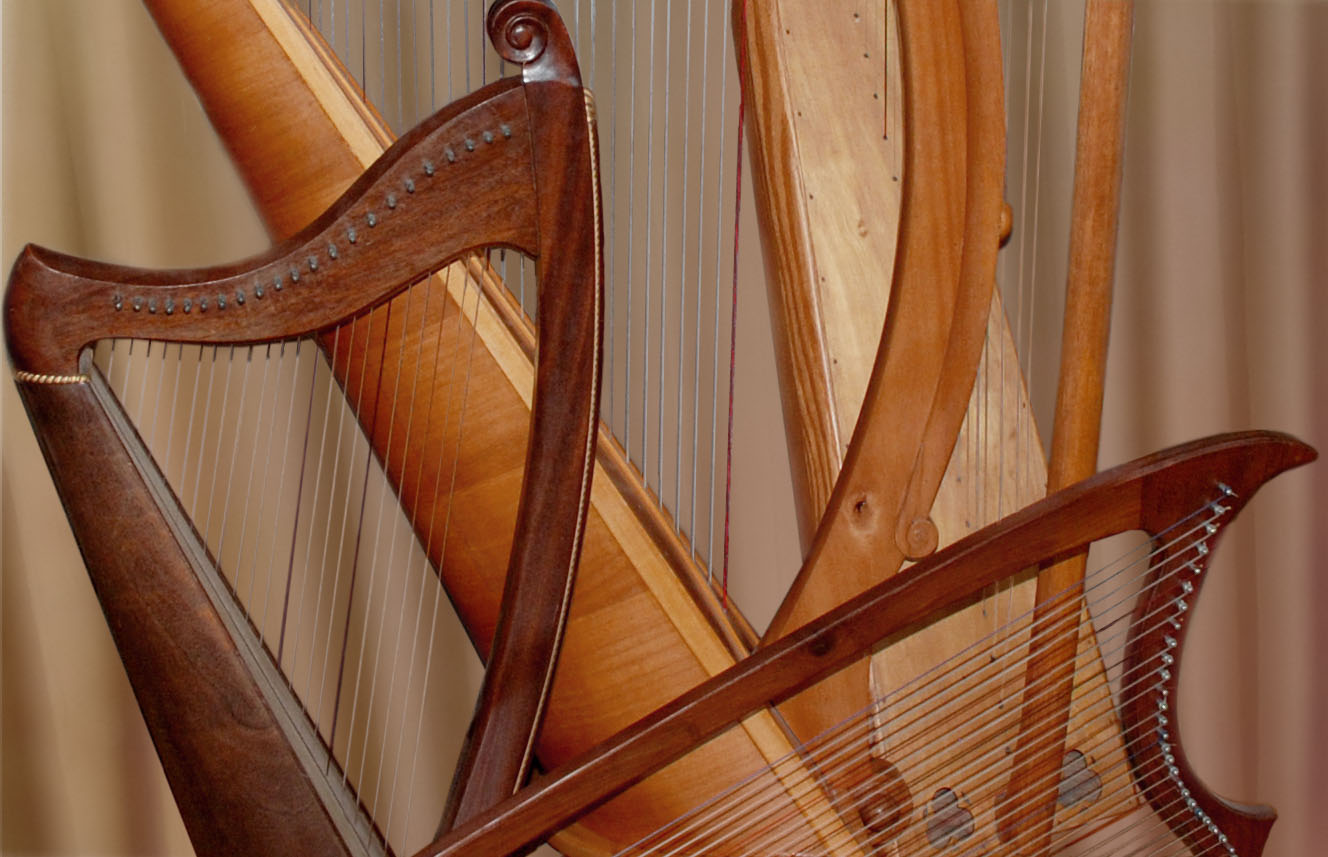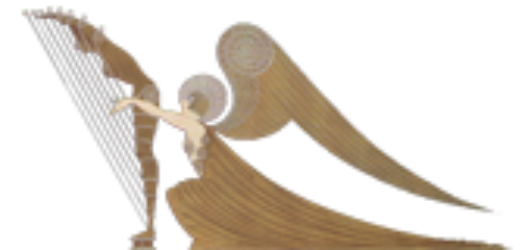Recent courses taught at the University of Illinois at Urbana-Champaign
for the Grand Challenge Learning Program
Mapping Inequalities: Programming the Illinois Map
GCL 143
This Grand Challenge Experience course addresses the history of racial, cultural, religious, and gender-based inequalities in Illinois. Students will become proficient in Inform 7, a programming language used for the authoring of narrative-based simulations. They will make substantive contributions to “The Illinois Map”, an open-ended, interactive, virtual learning environment that uses empathy and immersion to explore the racial history of Illinois.
for Informatics at Illinois
Designing and Programming Interactive Fiction and Text Based Simulations
INFO 490 JP
In this course, you will be introduced to the “design work” of game authoring, and will apply these theoretical ideas to specific programming practices and skills. You will become proficient in Inform 7, a programming language and design system for interactive fiction (IF), and other text-based digital simulations. By the end of the semester you will have developed a game or literary work of IF, and made a substantive contribution to a team-written, historical simulation project, dramatically recreating a key moment in Illinois history. No prior programming knowledge is required for students to be successful in the course.
for the School of Literatures, Cultures and Linguistics (SLCL)
The Human Experience
The Human Experience is a creative and participatory course exploring th4 relationship between language and culture. We will read across space and time from ancient Mesopotamia to medieval France to classic works of 20th century Science Fiction. We’ll decipher ancient alphabets, observe the swearing habits of our peers, discover our personal mythologies and program chatbots. As we study language loss and reclamation in Siberia and North America, we also learn together the basics of Myaamia-Peoria, the language once spoken by the native peoples of Central Illinois and Indiana that is in the process of being reclaimed by their descendants. This course fulfills Gen-Ed requirements for Historical & Philosophical Perspectives, and Western/Comparative Cultures.
for the Department of Slavic Languages & Literatures
South Slavic Cultures
BCS 115
For each of the six successor states of the former Yugoslavia: Macedonia, Bosnia, Serbia, Montenegro, Slovenia and Croatia, we survey two thousand years of history, and explore the ways in which contemporary South Slavic groups reject, appropriate, and transform negative stereotypes of their cultures, and position themselves in relationship to “the West.”
Yugoslavia and After
BCS 215
This interdisciplinary course explores the effect of transformative social, political, and cultural events on the construction of collective identities in the Socialist Federal Republic of Yugoslavia (SFRY), and its successor states. With a particular focus on Yugoslav and post-Yugoslav film, we’ll explore how collective memory and identity in these countries are continuously constructed in relationship to larger social, geographic, religious, and political processes. More deeply, the course will investigate how Bosnia, Croatia and Serbia are navigating the emotional and political waters of collective guilt and responsibility, as they move forward to their futures within a shifting European landscape. The course fulfills general education requirements in Western Comparative Cultures.
for the Russian, East European & Eurasian Center (REEEC) and the European Union Center (EUC)
Genetics, Social Networks & the Reimagining of Race
REES 496/596, EURO 496/590, INFO 490/590
This course maps the social networks through which scientific knowledge is produced and framed , observing how racial differences are reimagined as a result. Focusing on genetics and biomedicine we follow the twisty paths that lead from scientific breakthroughs to their cultural expressions as art, pedagogy, prejudice, and commodity. We will also read, watch and write science fiction, exploring futures inhabited by robots, cyborgs and clones. We will be tracing networks of scientific knowledge across a wide variety of social media in “real time,” conducting collaborative, internet-based research on a topic to be collectively determined based on what is in the news when the semester begins. In past years the class has focused on the decoding of the Neanderthal genome, and the scientific and cultural responses to the outbreak of the Zika virus.
REEEC Core Departmental Courses
Introduction to Eastern Europe
REES 201
This survey course explores the part of the world that falls under the broad term “Eastern Europe,” a problematic label that is defined in various geographic, political, and cultural ways. Taking a socio-historical approach to a region that stretches from the Balkans to Sibera. we will travel through 2000 years of transformational history.
Seminar in Russian, East European, and Eurasian Studies
REES 550
This interdisciplinary course seeks to introduce senior undergraduates and graduates to the professional study of the Russian, Eastern European, and Eurasian region by exploring the interplay of social identity, culture, values, and change; and to define and explore the parameters and practices of area studies as a discipline and a field of professional endeavor.

